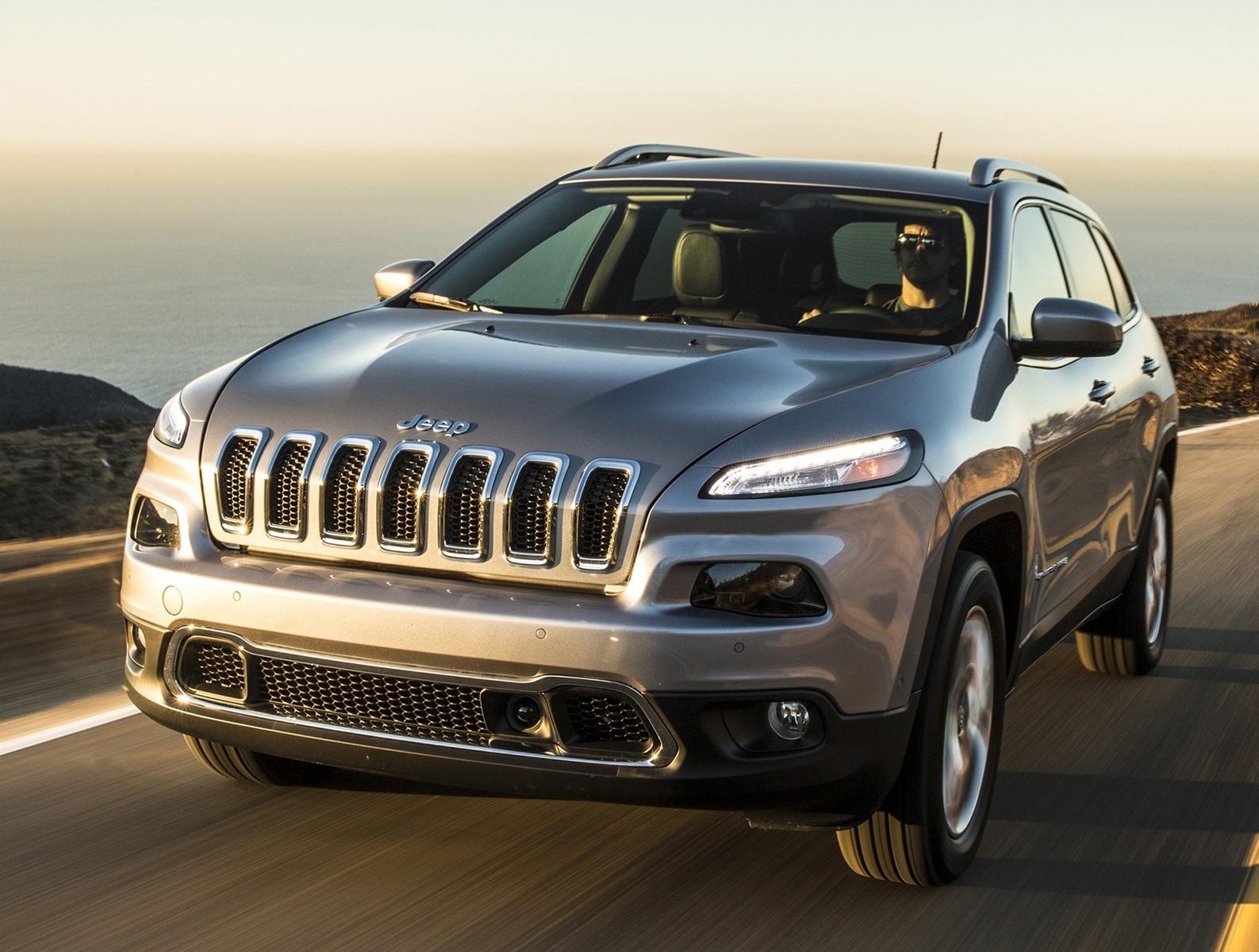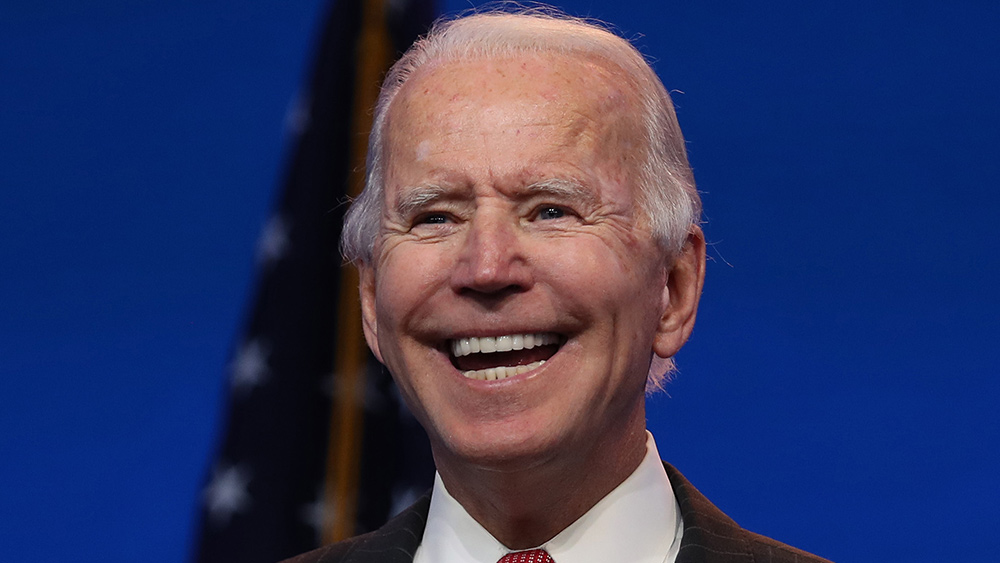
Stellantis, the company that is behind big car brands like Jeep, Dodge and Fiat, has announced that it will be idling one of its plants in Illinois indefinitely and laying off at least 1200 workers in February.
The affected factory is responsible for building Jeep Cherokees, and the company has cited a desire to cut costs as it ramps up its investments in electric vehicles as the reason behind the move.
When production ceases at the plant in Belvidere on February 28, the facility's workers will be placed on indefinite layoffs.
In an emailed statement, Stellantis, which was formerly known as Fiat Chrysler, noted: “Our industry has been adversely affected by a multitude of factors like the ongoing COVID-19 pandemic and the global microchip shortage, but the most impactful challenge is the increasing cost related to the electrification of the automotive market.”
The carmaker characterized the idling as a “difficult but necessary action” and said they are trying to find new ways to use the facility but added that they have no further details to share at the moment.
Not surprisingly, the news has not been well received, particularly given the timing of the announcement so close to Christmas. United Auto Workers President Ray Curry used terms like “unacceptable” and “grossly misguided” to describe the move.
In a statement, he said: “Announcing the closure just a few weeks from the holidays is also a cruel disregard for the contributions of our members from UAW Locals 1268 and 1761. We will fight back against this announcement.”
Sales of the Jeep Cherokee were down by around 61% in the third quarter of this year, which is a bigger drop than any other type of vehicle in the Jeep lineup. When the Belvidere plant goes idle, Jeep Cherokee SUVs will be produced at the company’s plant in Toluca, Mexico.
The shop chairman for the UAW Local 1268, which represents hourly workers at the Belvidere plant, said: 'It's a pretty tough pill to swallow that they're going to ship your vehicle to Mexico. To me there is no question about it. Their plan is to close this plant.”
The company is currently lagging well behind other major automakers in the U.S. when it comes to electric vehicle development. While Stellantis will be investing $4.1 billion in a battery factory in Canada and splitting a $3 billion bill with Samsung for an Indiana battery factory, peers like GM are spending $7 billion on one of its three electric vehicle factories that are currently in the works, while Ford is building three electric vehicle locations to the tune of $11.4 billion.
Ford also laid off thousands of workers in its pursuit of EV development
Interestingly, Ford also conducted a recent round of layoffs that saw roughly 3,000 jobs slashed. At the time, one of the reasons cited for the layoffs in a memo from CEO Jim Farley and Chairman Bill Ford was electric vehicles. The memo noted: “We have an opportunity to lead this exciting new era of connected and electric vehicles. Building this future requires changing and reshaping virtually all aspects of the way we have operated for more than a century.”
Stellantis has said that it will be investing more than $31.6 billion to electrify its vehicle lineup through 2030.
UAW Vice President Cindy Estrada pointed out one very big reason the move to idle the plant is hard to accept. She said that “companies like Stellantis receive billions in government incentives to transition to clean energy. It is an insult to all taxpayers that they are not investing that money back into our communities.”
Although the Biden administration has claimed electrification would create jobs, it appears those jobs are not going to Americans.
Sources for this article include:
Please contact us for more information.




















